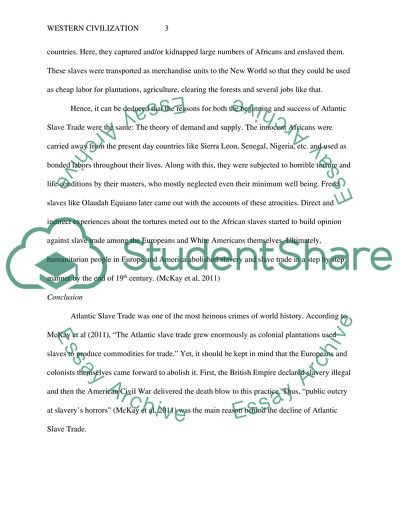Cite this document
(“Western civilization.The Atlantic slave trade,protestant revival and Essay”, n.d.)
Retrieved from https://studentshare.org/history/1400448-western-civilizationthe-atlantic-slave-tradeprotestant-revival-and-the-two-revolutions
Retrieved from https://studentshare.org/history/1400448-western-civilizationthe-atlantic-slave-tradeprotestant-revival-and-the-two-revolutions
(Western civilization.The Atlantic Slave trade,protestant Revival and Essay)
https://studentshare.org/history/1400448-western-civilizationthe-atlantic-slave-tradeprotestant-revival-and-the-two-revolutions.
https://studentshare.org/history/1400448-western-civilizationthe-atlantic-slave-tradeprotestant-revival-and-the-two-revolutions.
“Western civilization.The Atlantic Slave trade,protestant Revival and Essay”, n.d. https://studentshare.org/history/1400448-western-civilizationthe-atlantic-slave-tradeprotestant-revival-and-the-two-revolutions.


